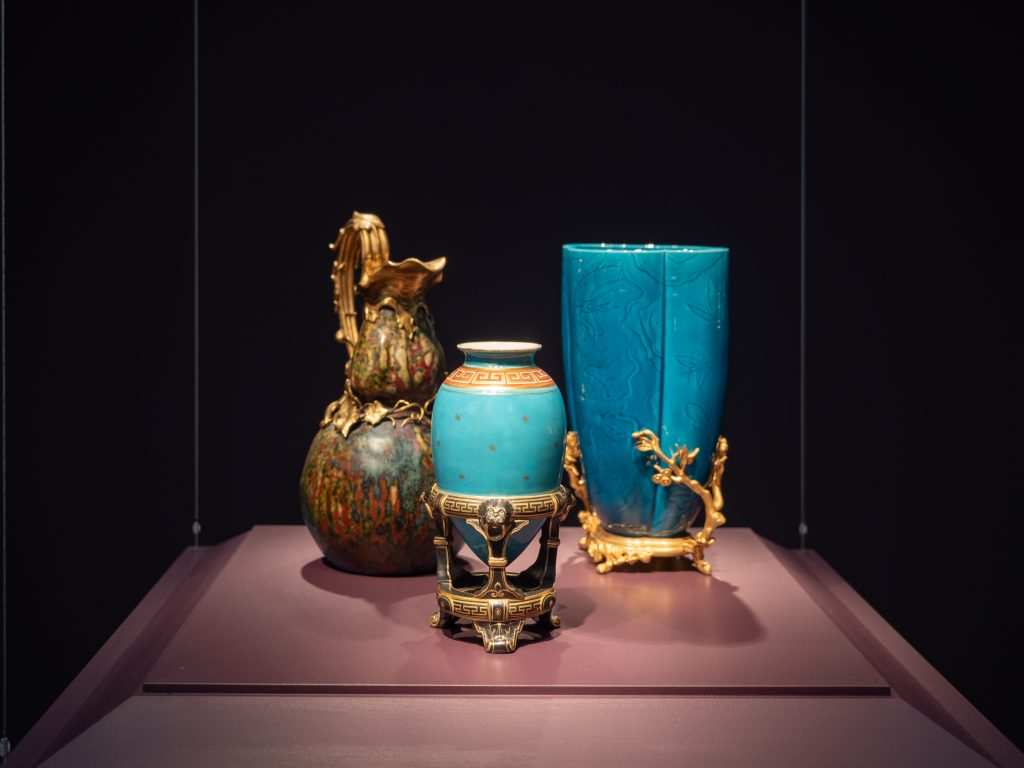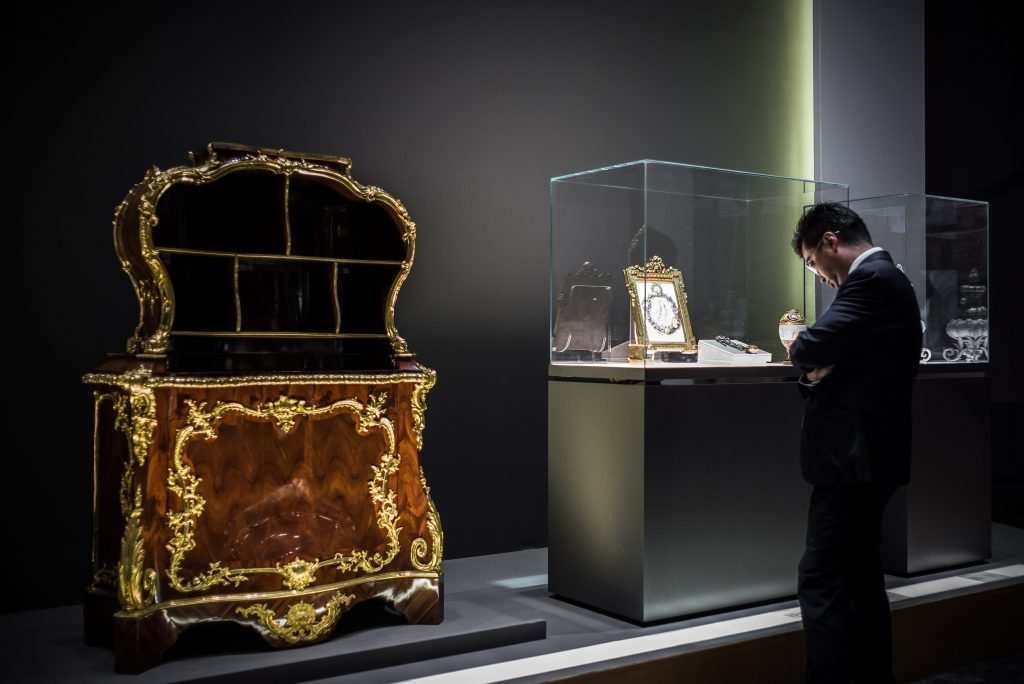
French antique art dealers initiated an open lobbying push, opposing a new European Union (EU) legislation. Overall, the new legislation’s intention is to restrict importation of unlawful cultural objects, particularly antiques. They predict a “dramatic and damaging impact” on the EU art industry. Also, that collectors face the risk of wrongful criminalisation.
French Antique Art Dealers Spoke About “Unreasonable” New Criteria

In a heated news conference in Paris on February 29, speakers raised a caution about the 2019-approved European Union Regulation (2019/880). Overall, the regulation sets “unreasonable and disproportionate” new criteria for acquiring art antiques and archaeological objects, coming outside of the European Union. The Syndicat National des Antiquaires (SNA) organised the conference. The SNA claims the rule will lead to the redirection of trade out of the EU.
Furthermore, the group claims it will become a challenging ordeal for individual collectors to contribute specific cultural assets to EU museums. Also, to return to the EU with their own collections after living overseas. “In the wake of Brexit, France and the EU had the opportunity to pass the U.K. as the world’s second-largest market. There are signs leading toward that. In my view, this law will destroy that opportunity”, said Ivan Macquisten, a U.K.-based consultant and advisor to art trade associations.

The new legislation, which takes effect on June 28, 2025, applies to things manufactured or found outside the European Union. This includes African, Oceanic, and Pre-Columbian art. Owners will need to get a new import licence for archaeological materials. Also, for elements of historical monuments over 250 years old. Owners of a range of things over 200 years old and priced at more above €18,000 (approximately $19,500) each will require a new “importer statement.” This includes fossils, antiquities, texts, and artwork.
Get the latest articles delivered to your inbox
Sign up to our Free Weekly Newsletter
What Does the EU Commission Say?

To obtain either document, a comprehensive checklist establishing provenance will be necessary. However, critics argue that such proof is often difficult to establish or “non-existent” for things traded decades ago. “Most of these objects never had a trace. They’ve been around …[in homes] for years. No one ever requested any form of information, any paper trail, because there was no obligation to do so. It was moral and legal at the time. Today, the mentality has changed, and we are changing with it”, aid Anthony J.P. Meyer, a board member of the SNA and founder of the Galerie Meyer.
Meyer stated that the SNA and other foreign trade groups want to work with lawmakers in Brussels to obtain exclusions and adjustments to the laws. The SNA also admitted that their public lobbying efforts arrived late. They also addressed the need to understand the way of implementing these new rules. With the new restrictions, importers must accept legal responsibility for the origin evidence they submit. If it turns out the piece was plundered, the importer may be held accountable.

Exceptions are available for brief EU entrance. This includes objects intended for institutional displays and commercial fairs. The European Commission’s website explains the law responds to multiple calls for action. This is particularly important after terrorists attacked cultural sites in Afghanistan, Syria, and elsewhere. It “aims to prevent the illicit trade in cultural goods, in particular when such trade may contribute to the financing of terrorist activities”, states the Commission.







